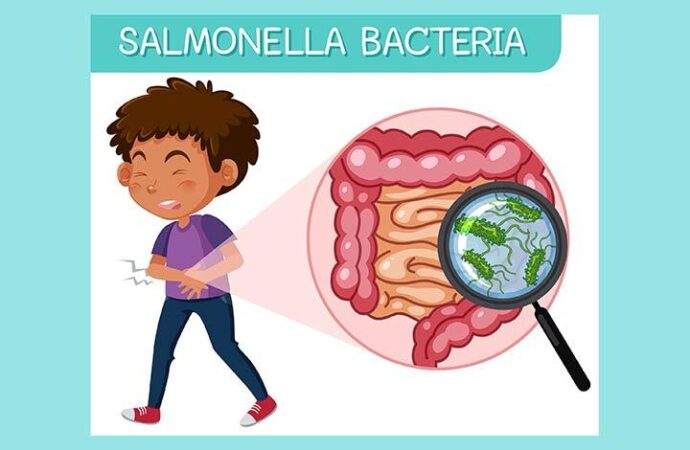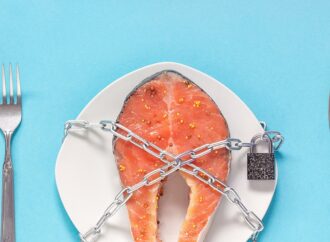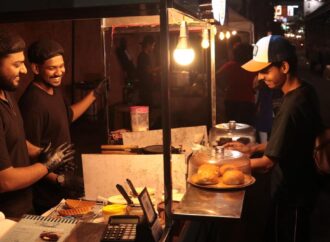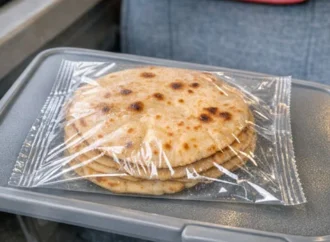Report
Over 200 children in Italy fell ill last month after consuming school meals. A total of 224 cases of salmonellosis were reported following an outbreak in several school cafeterias supplied by Qualità&Servizi. The culprit was a dish of farro mixed with cherry tomatoes and pesto served on September 24, which led to Salmonella poisoning in students from schools in the province of Florence.
Most of the cases occurred in Sesto Fiorentino and Campi Bisenzio, with 100 and 92 patients, respectively. Twenty-six individuals were hospitalized. The outbreak affected 61 children in nurseries, 51 in kindergartens, 106 in primary schools, and four in secondary schools. Additionally, 21 Qualità&Servizi employees tested positive for the virus, though most were asymptomatic.
Simone Bezzini, a health advisor in Tuscany, revealed these details in response to a question from Marco Landi, a regional councillor and opposition spokesperson.
Response from Authorities and the Company
At the end of September, the Tuscany Local Health Unit (USL) launched investigations and inspections to trace the source of the outbreak. They examined the meal preparation facility for hygiene and sanitation compliance and collected food samples. While the investigations uncovered no major irregularities that warranted stopping the school meal service, a sample of farro with pesto and cherry tomatoes did test positive for Salmonella, matching isolates from the sick children.
The Qualità&Servizi plant in Via del Colle, Calenzano, was inspected by ASL Toscana Centro officials. As a precaution, the company temporarily suspended service on September 27 and resumed it on October 1.
In a statement, the company emphasized its ongoing cooperation with authorities to analyze, investigate, and understand the cause of the outbreak. “We owe it to everyone to seek answers and explanations transparently and responsibly,” the company said. “We are working with the utmost seriousness, but joy will return only when all children are healthy, and we have restored the trust of families.”
Additional Cases
Salmonella infections were also reported in schools in Bastia Umbra, where 33 children fell ill. The most recent case occurred on October 6, and authorities are slowly restoring cafeteria services after thorough cleaning efforts.
Earlier this year, in May, Modena health authorities were alerted by four schools about illnesses linked to the consumption of cherry tomatoes. Though unrelated to school cafeteria meals, the incident affected 132 students and seven teachers, most of whom experienced mild gastrointestinal symptoms. Two individuals were briefly hospitalized. Lab tests found the tomatoes were free from bacterial contamination, and chemical levels were within safe limits.
 Food Manifest
Food Manifest 


















